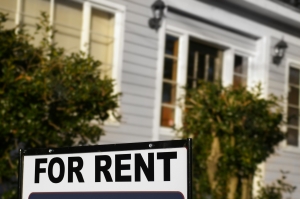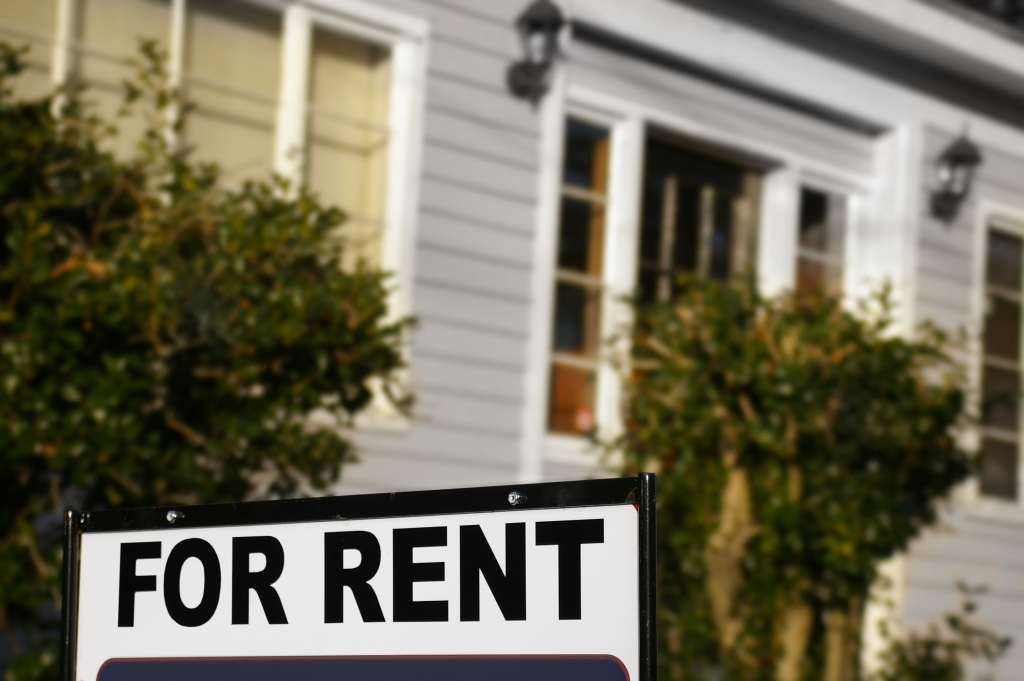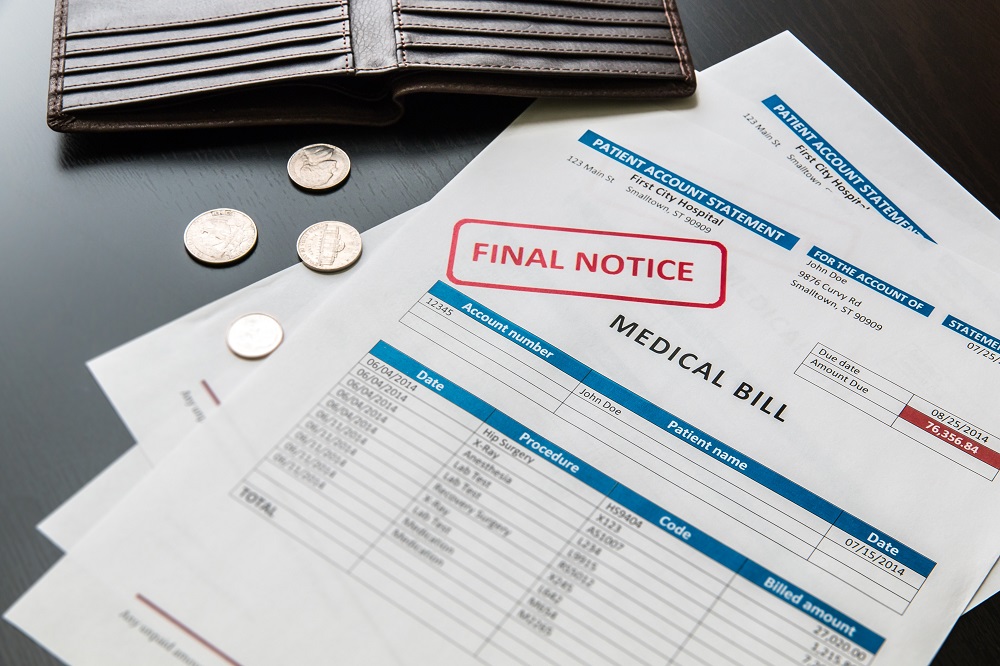Your Ability to Rent a Property Following Bankruptcy
Renting an apartment after bankruptcy can be difficult but it’s certainly possible. Your bankruptcy adds stumbling blocks because some landlords will be concerned about the negative impact on your credit score. Going through a major change after bankruptcy isn’t ideal but sometimes, you can’t overcome such circumstances. If you have to rent a property following bankruptcy, here are the essential things to keep in mind.
Increasing Your Chances of Success
Your credit score will suffer as a result of the bankruptcy but there are things you can do to make things better.
Some landlords are much more interested in your current level of income than your bankruptcy discharge. It’s your responsibility to demonstrate stability and the ability to commit to paying the rent in the long run.
Your employment history is also important. How long have you been with the respective company? Is it permanent or seasonal employment? How many years have you been employed and has there been a long gap between two jobs? These are some of the key employment history elements that potential landlords will take a look at. Once again, the goal is to demonstrate financial stability that will last in the years to come.
A landlord is also likely to look for issues like prior evictions, lawsuits against you or repossessions. All of these background checks will be carried out to determine whether you can meet a new financial obligation. If the assessment reaches a negative conclusion, chances are that you will not be provided with a chance to rent a property following bankruptcy.
When to Look for a New Apartment?
Timing is everything when it comes to finding a new home.
If you haven’t received a bankruptcy discharge yet and you’re attempting to find a new apartment to rent, the landlord will most likely turn you down.
This applies to individuals who haven’t gotten a Chapter 7 discharge yet. People who are currently making payments under a Chapter 13 plan will also find it difficult to rent an apartment quickly. It’s also important to point out that people who have a Chapter 13 plan will need to turn to court before new expenses are approved. Some landlords will not have the patience to wait.
There are some landlords that will be reluctant to rent to you in the year or the first two years following the bankruptcy. Not all property owners will be affected by such considerations but the pool of available options will decrease as a result.
Other Things to do
To find the right rental property, you have to be upfront with the landlord. Don’t try to conceal the financial troubles you’ve experienced in the past. Chances are that such information will come to the surface anyway.
If you’re particularly drawn to a certain property, you should consider providing the landlord with a certain kind of assurance.
 A large upfront security deposit is a good option. Obviously, this isn’t always possible for a person that has just gotten a bankruptcy discharge. If you can get a bit of help, however, you will improve the odds of being awarded the respective property.
A large upfront security deposit is a good option. Obviously, this isn’t always possible for a person that has just gotten a bankruptcy discharge. If you can get a bit of help, however, you will improve the odds of being awarded the respective property.
Presenting a list of references that present you as a reliable individual is another thing you can do to potentially sway the landlord in the right direction. Former employers, landlords and business associates can all serve as excellent references.
Finally, consider a “no credit check rental” if all other approaches fail.
If you do some online search, you’ll certainly come across such rental properties in your city. Such apartments aren’t the most attractive ones but they will give you a temporary solution until you discover something a bit more favorable. Consult experienced bankruptcy lawyers to do a proper bankruptcy filing that ensures a smooth passage to life after bankruptcy.





